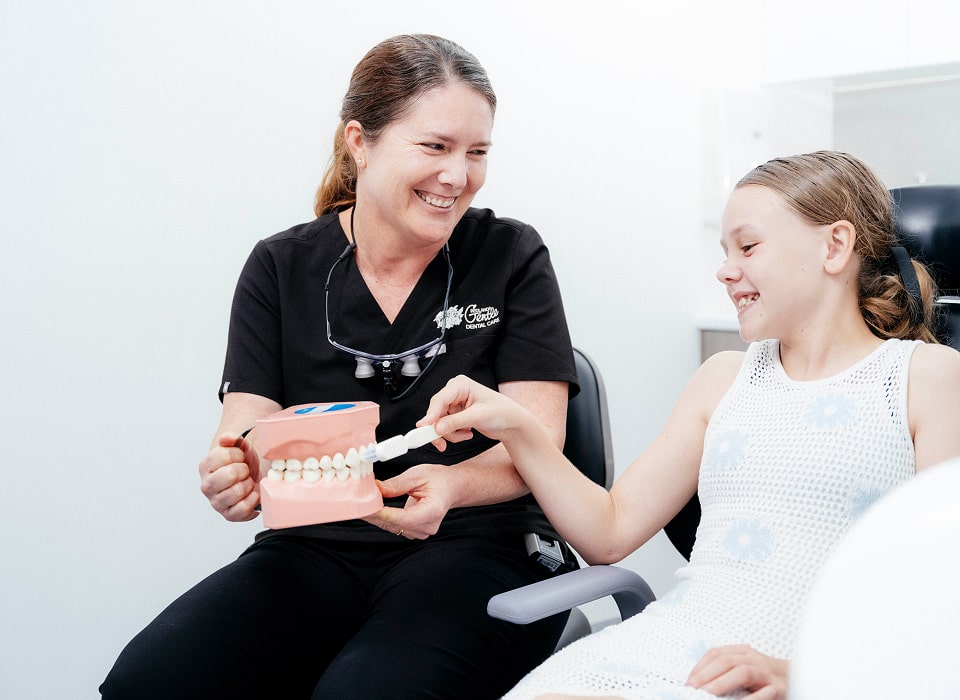Celebrating 40 Years as the Friendly and Reliable Dentist in Birkdale You Can Trust
Why Choose Us
Choose Redlands Gentle Dental Care for Trusted and Quality Dental Care Services
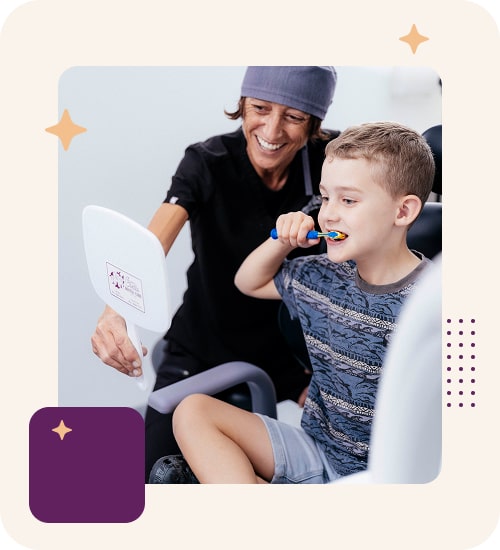
Accredited for Quality & Safety
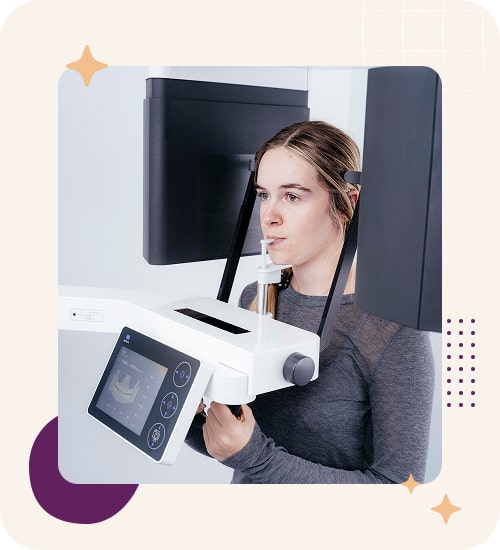
Modern Technology for Better Care
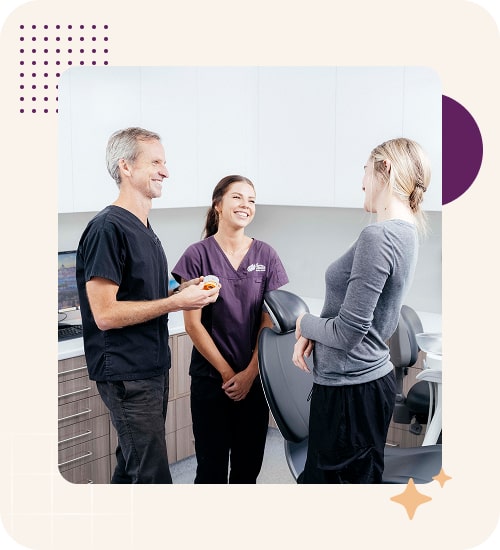
40 Years of Trusted Dental Experience
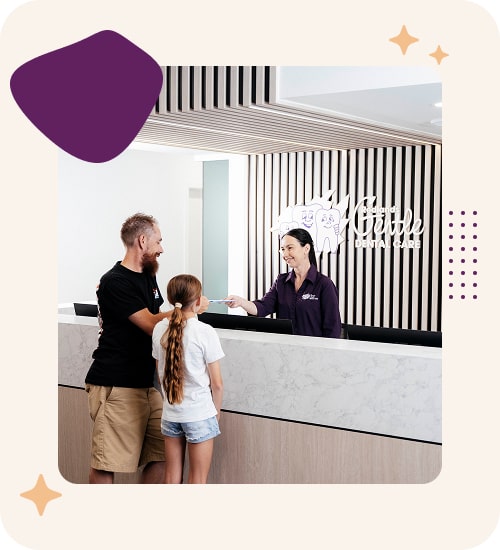
Flexible Payment Options Available
Patient Reviews
Read Patient Testimonials About Their Experience with Our Gentle Dental Care
Megan M
Courtney
Megan Dickie
Sam Arthy
Janette P
Megan M
Courtney
Megan Dickie
Sam Arthy
Janette P
Stephen Travers
Jan Zielinski
Tom McEwan
Sonja Stevens
Moea Barber
Stephen Travers
Jan Zielinski
Tom McEwan
Sonja Stevens
Moea Barber
Two Convenient Locations
Quality Dental Services Made Accessible for Families in the Victoria Point and Capalaba Areas
Capalaba Dental Clinic
- (07) 3245 5511
- 149 Old Cleveland Rd Capalaba, QLD, 4157
-
Opening HoursMonday 8:00 AM – 7:00 PMTuesday 8:00 AM – 6:00 PMWednesday 8:00 AM – 5:00 PMThursday 8:00 AM – 5:00 PMFriday 8:00 AM – 5:00 PMSaturday 8:00 AM – 2:00 PMSunday Closed
Victoria Point Dental Clinic
- (07) 3820 7777
- 2/1 Bunker Road, Victoria Point, QLD, 4165
-
Opening HoursMonday 8:00 AM – 5:30 PMTuesday 8:00 AM – 6:30 PMWednesday 8:00 AM – 5:00 PMThursday 8:00 AM – 6:00 PMFriday 8:00 AM – 5:00 PMSaturday 8:00 AM – 2:00 PMSunday Closed
Our Services
Dedicated to Providing Dental Care That Keeps Your Smile Healthy and Appealing
A Full Range of General Dentistry Services for the Entire Family

Enhancing Smiles and Confidence Through Advanced Cosmetic Dental Treatments

Restoring Damaged or Missing Teeth with Restorative Dentistry Treatments

Replace Missing Teeth with Advanced, Long-Lasting Dental Implants

Available Emergency Dentist to Alleviate Your Dental Pain

Comfortable and Stress-Free Dental Visits With Our Sedation Options

Achieve Significant Teeth Makeover with Natural-Looking Dental Veneers

Invisalign Aligners for Modern Teeth Straightening

The Team
Get to Know The Passionate Dental Team Behind Your Healthy Smile
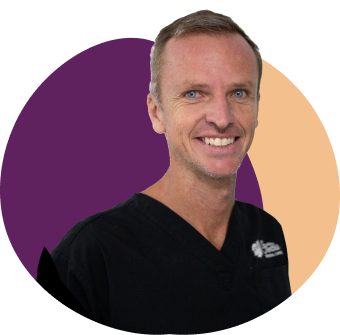
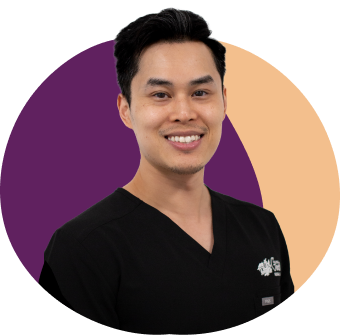
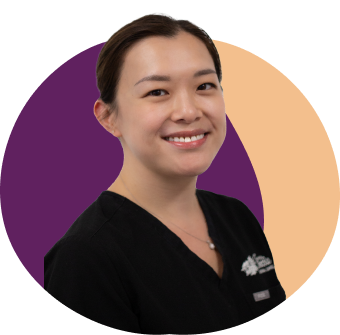
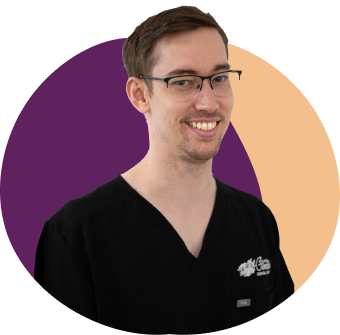

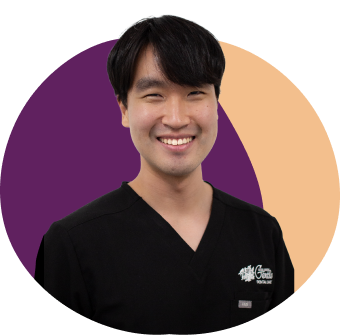
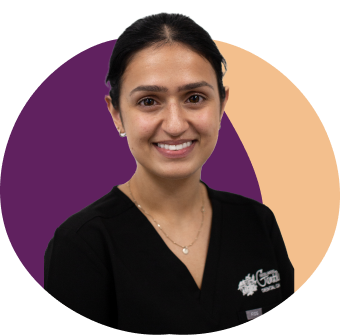
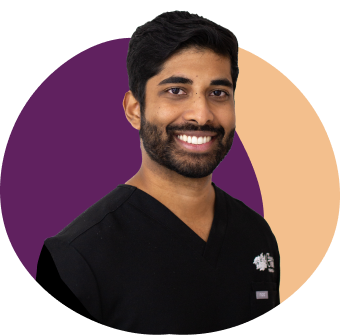
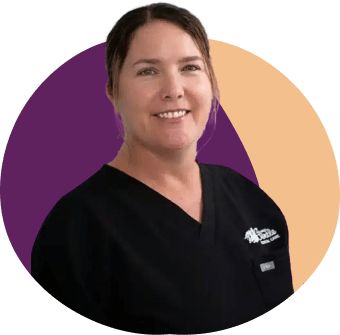

Our Payment Options
Find What Works for Your Financial Needs With Our Dental Payment Options
Child Dental Benefits Schedule
Invest in your child's smile with the Child Dental Benefits Schedule (CDBS). This government program offers eligible families financial support for essential dental services, promoting good oral health habits from an early age.
The CDBS covers up to $1,095 over two years for basic dental care like check-ups, cleanings, and fillings for children aged zero to 17. Eligibility depends on Medicare status and specific government payments, making quality dental care more accessible to families.
Learn MoreDental Services for DVA Card Holders
Veterans deserve high-quality dental care, and the Department of Veterans' Affairs (DVA) program delivers just that. The program offers dental benefits that vary based on card type.
Gold Card holders receive comprehensive cover for clinically necessary treatments, from routine check-ups to advanced procedures. White Card holders are covered for dental care related to accepted service-related conditions or mental health needs. Our clinic proudly supports veterans by providing high-quality dental care to maintain their overall health.
Learn MoreHumm
Simplify your dental care payments with Humm, a flexible financing option that lets you smile now and pay later. This interest-free payment plan allows you to spread the cost of your dental treatments over time, making essential care more accessible.
Humm is available for various dental services, from routine check-ups to more complex procedures. With instant approval and the ability to manage your account online, Humm helps you prioritise your oral health without financial stress.
Learn MoreZip
We offer Zip to help patients manage treatment costs. With credit limits between $1,000 and $50,000, eligible patients can select flexible repayment terms from three to 60 months, making it easier to manage costs.
Zip is ideal for anyone needing dental care without upfront costs. The user-friendly app allows you to track payments easily, so you can stay on budget while prioritising your oral health.
Learn MoreSuperCare
With the help of SuperCare, eligible patients can release their superannuation funds early to access essential dental procedures. This option is suitable for families lacking sufficient health funds or available resources, covering services such as orthodontics, implants, and root canal therapies.
SuperCare's consultants guide you through the straightforward application process, simplifying what can often be complex. This service enables you to prioritise your family's oral health without the burden of upfront costs.
Learn MoreAfterPay
Experience the convenience of dental care with Afterpay, allowing you to receive treatments now and pay later in four easy instalments over six weeks. This payment option is available to anyone over 18, a practical choice for adults looking to enhance and maintain oral health.
With no interest charges when payments are made on time, Afterpay promotes responsible budgeting. Payments are automatically deducted from your linked debit or credit card for a smooth experience.
Learn MoreBupa Preferred Provider
Enjoy exclusive benefits and hassle-free claims when you choose our clinic, a Bupa Preferred Provider, for your dental health needs. Our patients can access a comprehensive range of services, including check-ups and major procedures, often at reduced out-of-pocket costs.
Members First Ultimate also offers 100% back on two dental check-ups and cleans every six months, making regular oral care more affordable. Our partnership with Bupa allows you to receive quality care while maximising your benefits.
Learn MoreHCF Preferred Provider
Experience affordable, high-quality dental care at Redlands Gentle Dental Care. As an HCF preferred provider, patients with eligible dental cover can access reduced out-of-pocket costs, no-gap services for selected treatments, and streamlined claims processing.
HCF members can take advantage of these benefits by choosing our clinic for their dental needs. Check your policy to understand covered treatments and annual limits, and let us help you achieve a healthier, brighter smile.
Learn Morenib Preferred Provider
Access professional dental care at our clinic, a trusted part of nib's First Choice network. As a nib Preferred Provider, we offer members the opportunity to receive quality dental care at agreed rates. This provides a transparent and straightforward experience for your dental needs.
Nib members benefit from reduced out-of-pocket costs and simplified claims processes at our clinic. To make the most of your cover, review your policy for applicable limits and service inclusions.
Learn MoreFAQs About Gentle Dental Care
Frequently Asked Questions
What does a dentist do?
How often should I go to the dentist?
What is considered a dental emergency?
A dental emergency is any situation requiring immediate attention to address severe pain, infection, or damage to teeth or gums. These emergencies include the following situations:
- Severe toothache:
Intense, throbbing pain in a tooth that doesn’t improve with over-the-counter pain relief may indicate an infection or abscess. Quick care is necessary to prevent the infection from spreading or causing further complications. - Broken or chipped tooth:
A tooth that is visibly cracked or chipped, especially if it causes sharp pain or bleeding, needs urgent attention. Acting promptly can prevent additional damage and discomfort. - Knocked-out tooth:
If a tooth is completely dislodged, placing it back in its socket is possible if addressed within an hour. Keeping the tooth moist and seeking prompt care improves the chances of restoring its function. - Bleeding gums or mouth:
Uncontrollable bleeding after an injury, dental procedure, or spontaneously occurring bleeding could indicate a serious issue. Targeted evaluation helps identify the cause and manage the bleeding. - Swollen jaw or face:
A swollen jaw or face with pain and difficulty opening your mouth often points to an infection or abscess. Immediate attention can help reduce discomfort and manage the infection effectively. - Lost or broken dental work:
Losing a filling, crown, or bridge can leave teeth exposed and vulnerable to further damage or decay. Seeking immediate help protects the tooth and prevents additional issues. - Loose or wobbly teeth in adults:
Teeth that feel loose or out of place might result from trauma or an underlying condition. Addressing this issue promptly prevents further complications and stabilises the area. - Injury to the soft tissues:
Cuts or injuries to the gums, tongue, or cheeks that result in significant pain or bleeding require professional care. These injuries can need stitching or other treatments to heal properly.
How much does a tooth filling cost?
The cost of a tooth filling depends on the type of filling required and the complexity of the procedure. There are two main types of fillings:
- Simple filling:
A simple filling is used for small cavities or minor restorations and usually costs up to $275. It involves minimal drilling and less material, making it a quicker and more straightforward procedure. - Complex filling:
A complex filling is necessary for larger cavities or more extensive restorations and can cost up to $475. This procedure requires more time, skill, and material to restore the tooth properly.
The cost of fillings can vary based on the materials used and the tooth’s location. Consulting with your dentist in Birkdale will provide an accurate cost estimate to help you make your decision.
Is dental care covered by Medicare?
How can I improve my teeth if I don't have money?
Improving your teeth without money involves exploring affordable or free options and maintaining good oral hygiene at home. Here’s a list:
- Dental schools:
Many dental schools offer low-cost or free dental care, where students perform treatments under professional supervision to gain hands-on experience. This provides quality care while making essential dental procedures accessible to those with limited budgets. - Government programs:
Public dental services or government-funded schemes, such as the Child Dental Benefits Schedule, provide free or low-cost care for eligible people. These services often include check-ups, fillings, and other necessary treatments to maintain oral health. - Community health clinics:
Some community clinics offer free or discounted dental services to people with low incomes or no health fund cover. These clinics aim to help those who cannot afford private dental care but still need essential treatments. - At-home care:
Brushing twice daily with fluoride toothpaste, flossing regularly, and avoiding sugary foods can prevent dental issues and maintain healthier teeth. Maintaining proper oral hygiene at home reduces the risk of major dental problems in the future. - Charity organisations:
Some charities and non-profits provide free dental care for people in need through community outreach events or regular programs. These organisations aim to bridge the gap for those who lack access to affordable dental services.
Taking care of your teeth and improving your smile is possible even with limited resources by using affordable services and focusing on daily oral hygiene. Exploring these options helps protect your teeth and prevent major dental issues.
What are some ways to enhance my dental care routine at home?
Enhancing your dental care routine at home involves adding advanced techniques and tools to improve oral health beyond the basics. These methods include:
- Using an electric toothbrush:
Electric toothbrushes provide consistent pressure and motion, improving plaque control compared to manual brushing. Opt for a soft-bristle head and brush for two minutes, focusing on each quadrant of your mouth. - Incorporating interdental brushes:
Interdental brushes clean areas that floss might miss, especially in larger spaces between teeth or around dental work like braces. Use these brushes gently to avoid damaging gums and reach areas that are harder to clean. - Adding a tongue scraper:
A tongue scraper helps clean bacteria and debris that accumulate on the tongue, therefore reducing bad breath and improving oral hygiene. Use the scraper gently from the back of the tongue to the front after brushing your teeth. - Using a water flosser:
A water flosser delivers a targeted stream of water to clean between teeth and along the gumline, especially in hard-to-reach areas. This tool is particularly helpful for people with braces, implants, or other dental work. - Switching to a fluoride mouthwash:
Fluoride mouthwash adds an extra layer of protection by strengthening enamel and reducing cavities. Use it after brushing and flossing, avoiding eating or drinking for 30 minutes afterwards. - Avoid acidic foods before bedtime:
Acidic foods and drinks weaken enamel, especially before sleep, when saliva production decreases. Rinse with water if you consume these foods, and brush at least 30 minutes later. - Chewing sugar-free gum:
Sugar-free gum stimulates saliva production, which helps neutralise acids and clean the mouth between meals. Choose gum with xylitol to further combat bacteria that cause tooth decay.
Small improvements in your dental routine can help you achieve healthier teeth and gums over time. Exploring these techniques adds value to your care routine and reduces the likelihood of developing oral health problems.
How can I book an appointment?
